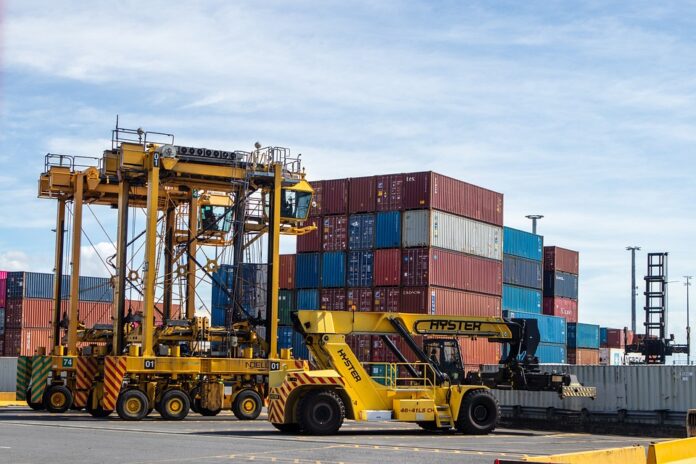Introduction
Beverage exporters face unique challenges when it comes to managing full container load (FCL) and less than container load (LCL) shipments. With the need to transport large quantities of liquid products, exporters must carefully plan and execute their logistics strategies to ensure timely and cost-effective delivery. In this report, we will explore how beverage exporters navigate the complexities of FCL and LCL shipments while optimizing costs and efficiency.
Managing Full Container Load (FCL) Shipments
Overview of FCL Shipments
FCL shipments involve the transportation of a full container by a single exporter. This method is preferred for larger volumes of goods, as it reduces the risk of damage and allows for faster transit times. Beverage exporters often opt for FCL shipments to ensure the integrity of their products during transportation.
Key Strategies for Managing FCL Shipments
1. Consolidation: Beverage exporters can consolidate multiple orders into a single FCL shipment to optimize container space and reduce costs. By planning ahead and coordinating with suppliers and logistics partners, exporters can maximize the efficiency of FCL shipments.
2. Container Loading: Proper loading of containers is essential to prevent damage to beverage products during transit. Exporters must adhere to strict loading guidelines to ensure that containers are securely packed and that products are protected from shifting and temperature fluctuations.
3. Documentation: Accurate and complete documentation is crucial for FCL shipments. Exporters must ensure that all necessary paperwork, including bills of lading, customs documents, and certificates of origin, are in order to avoid delays and compliance issues.
Managing Less Than Container Load (LCL) Shipments
Overview of LCL Shipments
LCL shipments involve the consolidation of goods from multiple exporters into a single container. This method is ideal for smaller volumes of goods that do not require a full container. Beverage exporters often use LCL shipments to reduce costs and access markets with lower demand.
Key Strategies for Managing LCL Shipments
1. Groupage: Beverage exporters can take advantage of groupage services offered by freight forwarders to consolidate their shipments with those of other exporters. This allows exporters to share container space and split the cost of transportation, making LCL shipments more affordable.
2. Packaging: Proper packaging is crucial for LCL shipments, as goods may be handled multiple times during transit. Beverage exporters must use durable and secure packaging materials to protect their products from damage and ensure they arrive in optimal condition.
3. Tracking and Monitoring: Due to the complexity of LCL shipments, exporters must closely track and monitor their goods throughout the transportation process. Utilizing tracking technology and real-time updates from logistics partners can help exporters stay informed about the status of their shipments.
Industry Insights and Trends
Financial Data
According to industry reports, the global beverage export market is projected to grow at a steady rate in the coming years. Beverage exporters are expected to continue expanding their reach to new markets, driving demand for efficient and cost-effective logistics solutions.
Actual Companies
Leading beverage exporters such as Coca-Cola, PepsiCo, and Nestle are actively involved in managing FCL and LCL shipments to transport their products worldwide. These companies have established robust logistics networks and partnerships to ensure the smooth and efficient delivery of their beverages to international markets.
Industry Trends
Recent trends in the beverage export industry include the increasing popularity of e-commerce platforms for selling beverages internationally. This shift has led to a greater emphasis on last-mile delivery solutions and the optimization of supply chains to meet consumer demands for fast and reliable shipping.
In conclusion, beverage exporters must carefully manage FCL and LCL shipments to ensure the successful transportation of their products to global markets. By implementing key strategies and staying informed about industry trends, exporters can optimize costs, efficiency, and customer satisfaction in their logistics operations.




